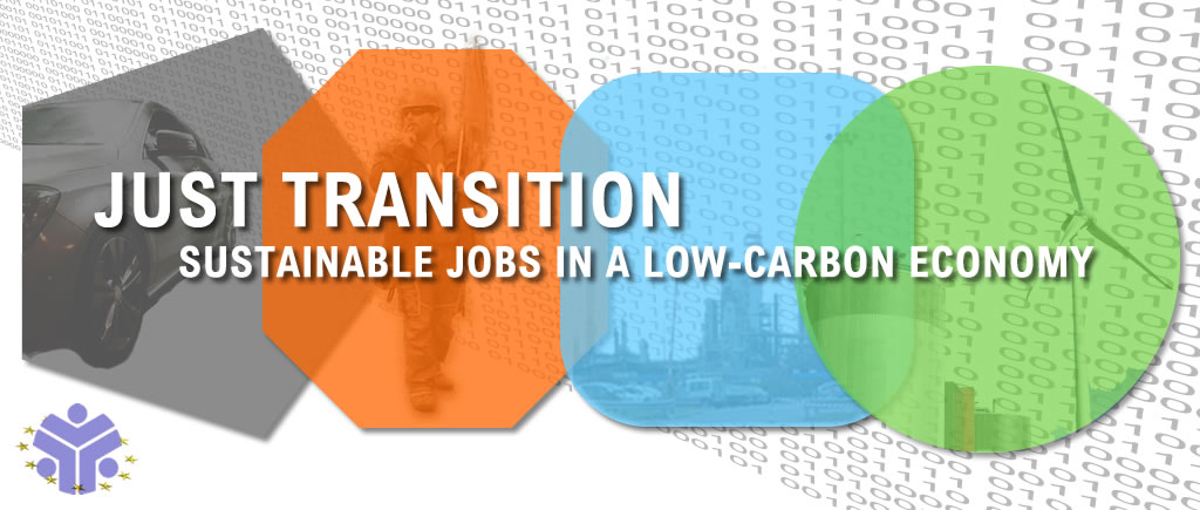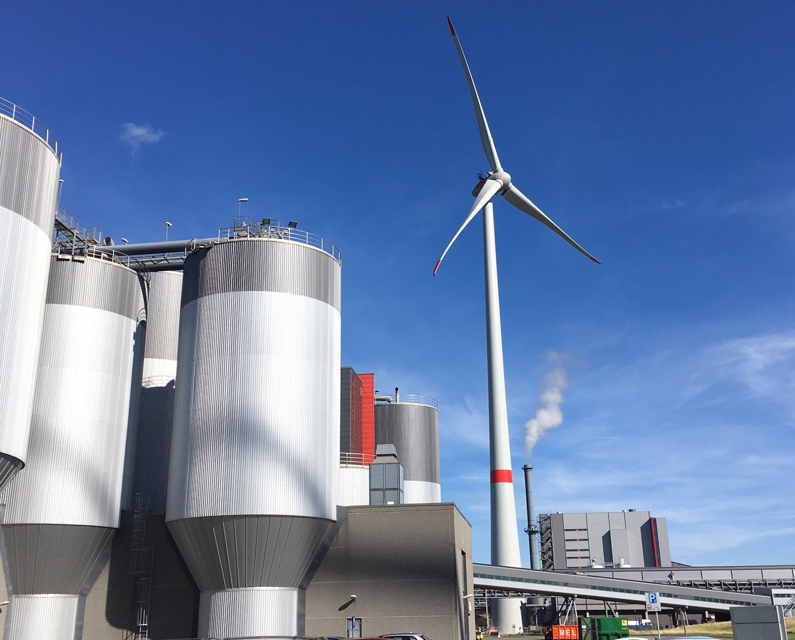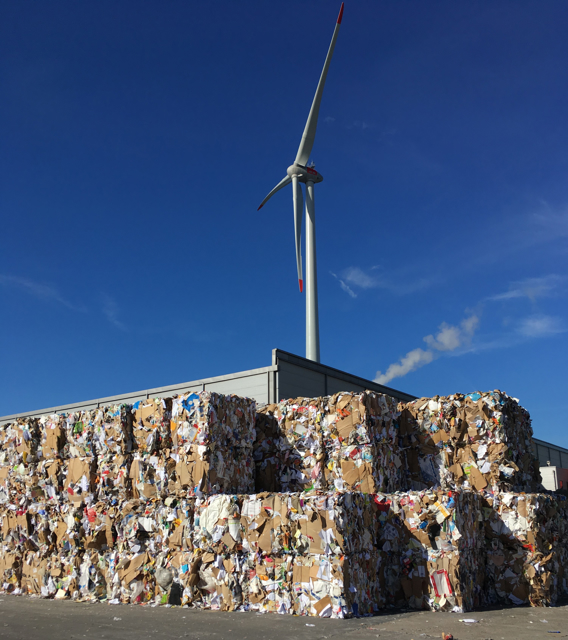Money needs to be invested in the real economy to transform infrastructures and industries to create jobs and value for European workers.
“Priority should be given to projects aiming at strengthening integrated value chains in Europe”, said Luc Triangle, General Secretary of industriAll Europe. “It is crucial to ensure that this money will be invested in the real economy to transform infrastructures and industries to create jobs and value for European workers.”
For industriAll Europe and the workers it represents it will be important that investment in transforming the energy system leads to:
- modernising the transport and distribution infrastructures (electricity network, gas distribution network) and power production facilities,
- increasing energy efficiency as well as
- developing integrated value chains in energy sectors and in the manufacturing of related equipment
The EIB should also help to tackle the challenge of decarbonising the energy intensive industries that represent strategic sectors for the EU economy and provide for 5.9 million jobs in the EU. These sectors will not be decarbonised without boosting investment in the development and deployment of low-carbon breakthrough technologies that are often at a low level of maturity.
We also stress the need to see the EIB decision in a more global perspective, i.e. in terms of its contribution to the transition to a low-carbon economy and its link with industrial policy and the European Green Deal. It is also important to seek synergies with EU initiatives such as the European Strategic Energy Technology Plan (SET Plan), the ‘Important Projects of Common European Interest’ and the EU Strategic Value Chains, the vision for European Industry until 2030 and the upcoming Master plan for Energy intensive industries.
IndustriAll Europe welcomes the support for carbon intensive regions, through the “Energy Transition package” and the EIB role in the Modernisation Fund and the commitment to cover up to 75% of the eligible cost. But the impact of the EIB new energy loan policy is broader as it entails impacts on employment and energy affordability for many regions and sectors that have not been thoroughly assessed. These impacts must be assessed, monitored and managed through concrete measures and appropriate funding if we want Just Transition to be more than the new Brussels buzzword.
For more information and further comment please contact senior policy adviser Corinna Zierold.


